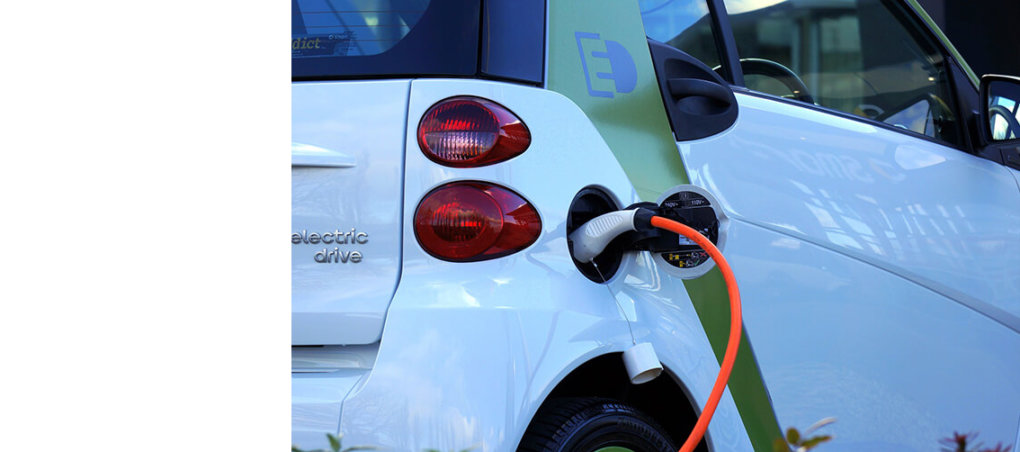Climate change is an issue that demands attention – and it looks like New Brunswickers are listening.
In hopes of promoting a low-carbon lifestyle, Drive Electric NB and the New Brunswick Lung Association reintroduced their rebate program last July. The program offered New Brunswickers a $1000 rebate toward the purchase of a new or used electric vehicle, or plug-in hybrid vehicle, when you trade in your gas-powered car.
Any EV or PHEV purchased within the fiscal year (April 1, 2018 – March 31, 2019) was eligible for the program, however, organizers ran into what we at Conserver House call a ‘happy problem’ — they were forced to end the rebate early because so many New Brunswickers participated that they ran out of funding.
Why did these New Brunswickers go electric? A report by the New Brunswick Lung Association found that if you switch to a fully electric vehicle in New Brunswick, it reduces your driving related greenhouse gas emissions by 75 per cent. The transition to an EV is a good tool to help reduce GHG emissions, air pollution and the impacts of climate change.
It is clear that New Brunswickers are ready and eager to jump on board the electric vehicle movement, but how can we make the transition accessible to everyone?
Barb MacKinnon from the New Brunswick Lung Association spoke to the Conservation Council about the success of this year’s program, and the future of electric vehicles in New Brunswick.
“There is a growing interest in the province, and there are people wanting to buy electric vehicles… we had people calling after we ran out of incentives who wanted an incentive to help them purchase a vehicle. After last year, according to FleetCarma, New Brunswick had the highest percentage growth rate in electric vehicles across the country,” MacKinnon said.
She said that New Brunswickers often have a difficult time accessing electric vehicles in the province.
“People who want to buy an electric vehicle in this province sometimes have a hard time finding one available at a dealership because the manufacturers know that New Brunswick does not have an incentive program in place and therefore do not allocate very many cars here. If we had an incentive program, the manufacturers would know that, and change their practices to get some of those vehicles more readily available here.”
Maybe it is time for our provincial government to follow suit of other provinces such as British Columbia, Quebec and Ontario, who have adopted their own incentive and rebate programs to mobilize and support citizens who are eager to transition to electric vehicles.
“I’m sure if we had a provincial incentive program that we could go quite a long way to meeting our commitment to… meeting our goals as expressed in the New Brunswick Climate Change Action Plan, where there is a goal in there for the uptake of electric vehicles by 2020,” MacKinnon said.
The Conservation Council recognizes an opportunity for improvement prompted by the growing interest in electric vehicles. In our 2016 report, A Climate Action Plan for New Brunswick, we provide recommendations for the province to successfully shift to a low-carbon economy. These recommendations included a call for incentives and programs to facilitate a goal of getting 140,000-150,000 electric cars on N.B. roads by 2030, which could reduce carbon emissions in the province by at least 500,000 tonnes.
UPDATE: Great news! The federal government’s Budget 2019, unveiled in March, committed $300-million to create an incentive program of up to $5,000 for electric vehicle purchases, plus $5-million to work with auto-manufacturers to ensure they meet the growing demand for EVs.
Recommended links:
- Here is all you need to know about the costs and environmental impacts of gas and electric cars
- Electric vehicle rebate program building momentum in New Brunswick
- Here is all you need to know about the benefits of buying an electric car
- eCharge Network a key step: Corbett on transition to electric vehicles


